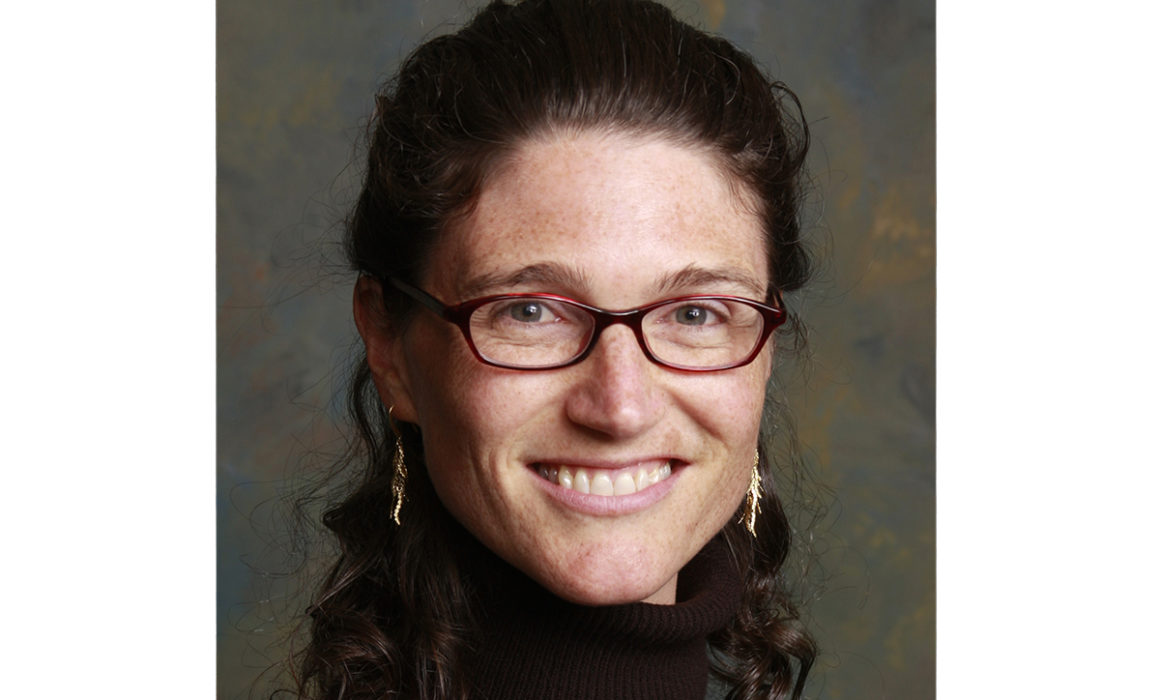
“We have heard from people that having trusted sites including schools, which are a convenient place where you can bring your whole family, is great for vaccinations.”
On May 12, California children ages 12-15 became eligible for vaccinations against the coronavirus, following FDA authorization and studies showing the Pfizer vaccine’s efficacy in that age group. Dr. Naomi Bardach leads the Safe Schools for All Team for the California Health and Human Services Agency and is overseeing the rollout. She shared what her team has planned.
Vaccination will not be required to return to school, but do you recommend that 12- to 15-year-olds get their shots now?
We’re encouraging them to get vaccinated as soon as possible, and certainly no later than this summer, for the safety of all students and to help end the pandemic.
Will you have guidance for educators and schools that they can relay to parents and guardians?
Yes, we have informational materials and messaging about how the vaccine is effective and safe for parents, educators and teens. For the latest on vaccinations for students, go the California Safe Schools for All hub here. Educators can also find resources and tools here.
Will students and educators still need to wear masks and other PPE, and socially distance in classrooms and other spaces on campus?
We are actively discussing this within our state and with others nationally. The CDC’s new guidance about fully vaccinated people will inform the guidance, but we know that elementary school students and younger will represent the largest group of unvaccinated people at the start of the new school year, so the guidance will reflect the understanding that many schools will have a mixed population of vaccinated and unvaccinated students.
The clear goal is to support safe, full in-person instruction for all students in the coming year. Schools are workplaces as well as educational settings, and Cal/OSHA regulations oversee workplaces, so the guidance will align with the Cal/OSHA standards.
What about students with special needs — is it more important for them to be vaccinated?
Yes, it’s important for all of us to be vaccinated so that, together, we can put this deadly pandemic behind us. In addition, we know that students and children who are at higher risk of having more severe disease with COVID tend to be those who have medical problems that they were born with or that are severe. So we know it will be important and even more beneficial for these children to get the vaccine — in discussion with their regular doctors.
Some students with special needs may also have more trouble masking due to sensory issues or breathing problems, making vaccination a great way to help protect them, as well as protecting others.
Will vaccinated students still get regular testing?
The science suggests moving away from ongoing screening testing for all vaccinated people. But these discussions are underway.
Is there a plan to set up vaccination clinics in underserved communities?
Right now, California is focusing many of its vaccination efforts on the communities disproportionately impacted by COVID-19. We are working with schools to set up sites and are making sure local health jurisdictions and health officers are in partnership with those schools and communities. We have heard from people that having trusted sites including schools, which are a convenient place where you can bring your whole family, is great for vaccinations, especially in underserved communities.
The state and the governor’s office are very mindful about this important equity piece around vaccinations, that communities disproportionately impacted by COVID should get easy access to the vaccines and are supported to do it.
Do 12- to 15-year-olds need parent/guardian consent before getting the vaccine?
Yes, those younger than 18 need consent unless they are emancipated minors. Each place might be a little different about how they do consent. California has guidance that says you can do in-person consent, fill out a written consent form, or do a phone call or even a video platform like FaceTime — and an older kid can go with that piece of paper and another trusted adult to get a shot.
But each local place might have different requirements, and parents will want to find out what the requirements are in their area.
The Pfizer Study
More than 2,200 participants ages 12-15 participated in Pfizer’s Phase 3 clinical trial in the U.S. About half got the real vaccine; others received placebos.
The shot was found to be 100 percent effective against getting COVID-19. (Sixteen people in the placebo group developed COVID-19; there were zero cases among those who got the real vaccine.)